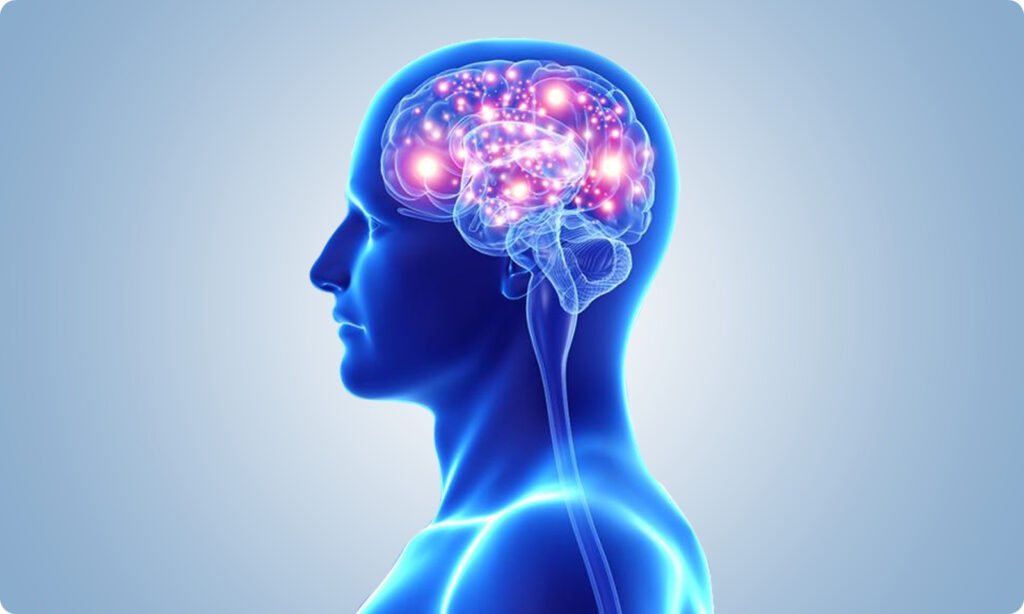Departments
Neurology
Neurology is a branch of medicine that concentrates on the diagnosis and treatment of disorders affecting the brain and nervous system. The neurological system contains the brain, spinal cord, cranial nerves, peripheral nerves, nerve roots, autonomic nervous system, neuromuscular junctions, and muscles. Together, these networks control communication between various parts of the body, enabling movement, thought, and sensory perception.
Neurologists are medical professionals who specialize in diagnosing and treating conditions that involve the nervous system.
What approaches do neurologists in diagnosing?
Neurologists conduct a range of different tests and procedures to diagnose and treat neurological cases.
Some of these procedures like as follows:
- Lumbar puncture
- Electromyography
- Electroencephalogram
- Tensilon test

A neurological assessment will involve tests to check muscle strength, memory, eye health and vision, and coordination. The tests are not usually painful but may cause some mild distress.
People will not require to prepare anything for their first neurological visit. The work may involve a trusted Source neurologist:
- Asking about any symptoms and current or previous medical history or medications
- Studying for any visible signs of a condition by assessing a person’s posture, walking, ease of movement, and balance
- Conducting a physical assessment to measure pulse and blood pressure and listening to the lungs and heart
- Asking about bowel movements and passing of urine, as these can show how well the autonomic nervous system is functioning
After these initial assessments, a neurologist may then perform several level 2 assessments, such as:
- Cranial nerve tests
- Coordination and motor skills tests
- Sensation tests
- Cognitive ability tests

A glimpse of our best neurologist
DR. CH Amulya DM Neurology, she is a neurologist at Aditya multi-specialty hospital.
Available facilities at Aditya multi-specialty hospital
- Stroke disorders
- Migraine and other headaches
- Epilepsy disorders
- Nerve and muscle-related disorders
- Development delay disorders
- Sleep disorders
- Genetic neurological disorders
- EEG/ENMG Procedures
- IV IG/ Plasmapheresis treatment
- Higher-end investigations and treatment for undiagnosed and rare presented neurological disorders
When to consult a neurologist
A doctor might refer someone to a neurologist if they have symptoms that suggest a neurological condition, like;
- frequent or severe headaches
- muscle weakness
- confusion
- dizziness
- loss of coordination
- partial or complete paralysis
- sensory shifts that affect the sense of touch, vision, smell, or taste
